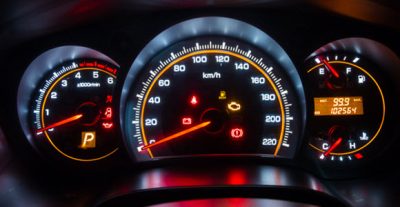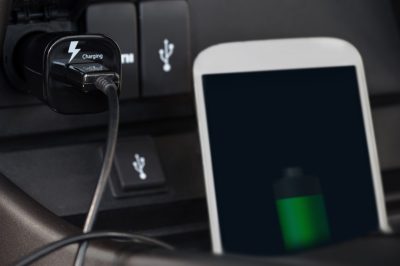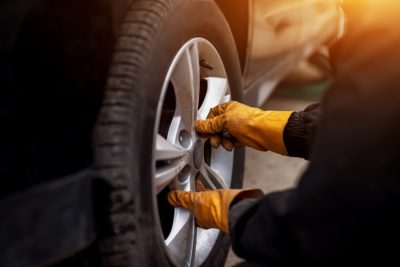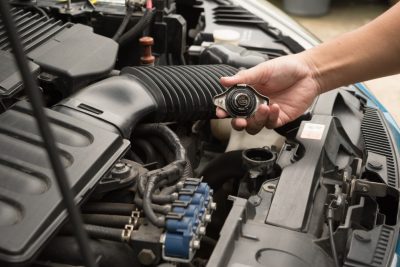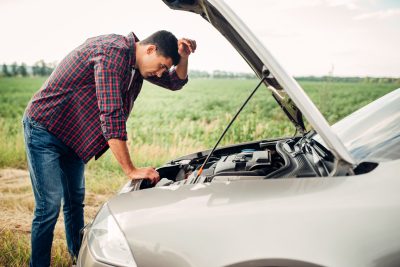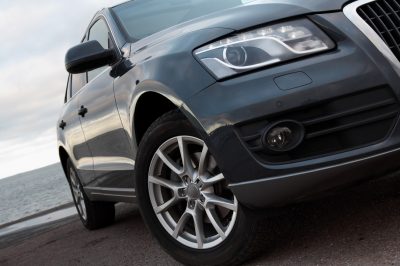 Grinding. Squealing. Popping. Pinging. Clicking. Screeching. These are all scary noises when it comes to your car. But they are also helpful clues that can be useful. Paying careful attention to the sounds your car makes can help diagnose potential problems with it. Here are a few of the most common car sounds and what they might mean.
Grinding. Squealing. Popping. Pinging. Clicking. Screeching. These are all scary noises when it comes to your car. But they are also helpful clues that can be useful. Paying careful attention to the sounds your car makes can help diagnose potential problems with it. Here are a few of the most common car sounds and what they might mean.
- Squealing Engine: The next time the engine makes a loud squeal, it’s likely telling you it’s time to have the fan belt replaced. Fan belts tend to loosen over time, which can lead to that unmistakable squealing sound.
- Knocking Under The Hood: There are a few possible explanations for engine knocking, among them, a problem with how fuel is being ignited within your engine, using incorrect spark plugs, using low-quality gasoline, or worn out or loose rod bearings.
- Squeaky brakes: If your brakes consistently give you a high-pitched, single-note screech, this is caused by worn-out brake pads or, on older vehicles, brake shoes. Other possibilities include overheated brake pads or brake rotor rust.
When your car starts making weird sounds, don’t delay. Treat those noises like symptoms of a more significant problem, which requires a check-up and maintenance right away. For radiators, alternators, starters, or car batteries in Winter Garden, FL, call Millikan Battery and Electric, Inc., for prompt and professional service.

